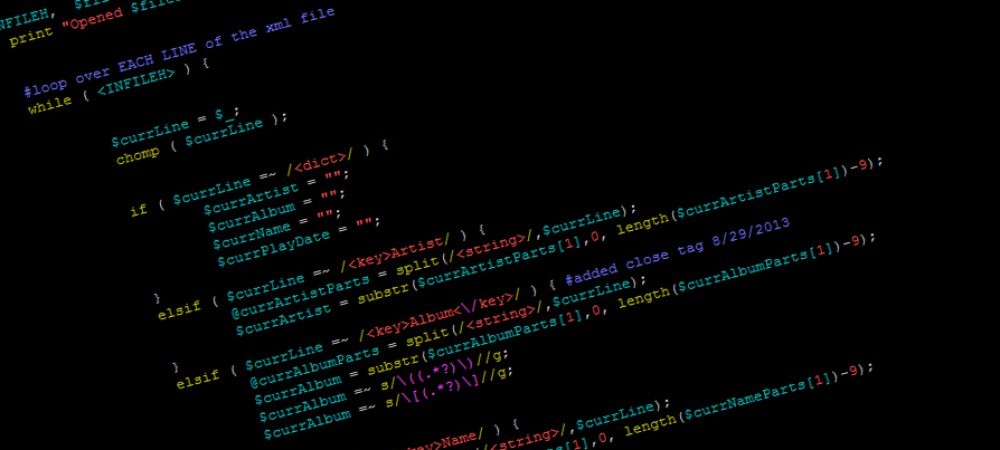Back in the day when I had time for reading (grade/high school, parts of college) I would binge-read authors – literary fiction – much like I’ll today binge-watch a TV show on DVD/streaming.
Hemingway, Vonnegut, Steinbeck, Joyce (no, not Finnegan’s Wake), Faulkner and so on. Not all writings, but the bulk of the biggies, novels and (often) short story collections.
In the last decade or two, it’s rare that I read more than one book – very rarely two – by a contemporary author (in the last 50 years or so). I no longer appear to have favorite authors, I now have favorite books.
Not that that’s a bad thing.
Two exceptions to this rule are William Styron and, more recently, Jane Hamilton.
I just finished a fourth Hamilton novel: Disobedience. It happens to be the most recently published of her books I’ve read, but I’ve read them out of order. I’m not waiting patiently for her latest to come out and devouring it, I just read as I find this or that book interesting. Disobedience came out in 2000, and the previous Hamilton book I read, her first, came out in 1988: The Book of Ruth (brilliant, shocking and unexpected).
Compared to The Book or Ruth (a PEN/Hemingway Award winner) and my personal favorite, A Map of the World, Disobedience was a disappointment.
It starts off strong – the first graphs of Disobedience and A Map of the World are so strong, so encompassing that you just need to read the rest of the book.
Sadly, Disobedience doesn’t hold up.
It’s a story about the Shaw family, transplanted from Vermont to Chicago, and is narrated by the family’s 17-year-old son, Henry/Hank. The gist of the story is that Henry finds, by accidentally(?) accessing his mom’s email account (“Liza38” – it has to be an AOL account, as it does take place sometime around or before 2000), that his mom is having an affair. The book, narrated in past tense, describes the year or so that follows the initial discovery.
That’s the main arc of the story – him snooping around the letters sent and received by his mom and her partner in disobedience, as well as his mother’s emails to a female friend, where she more straight-forwardly outlines details of the affair: the good, the bad, the confusing. The guilt and the amour.
But there is an inordinate amount of time devoted to Henry’s younger sister, Elvira, a high school-aged goth who is a Civil War Reenactor, and obsessed with all things post- and ante-bellum, as well. But mainly the War. Their father, a history teacher, is slowly (weirdly, why the delay?) revealed to be just as big a Civil War buff as his daughter. I was expecting some sort of issue between the two to suddenly emerge, but it never did.
The ending of the book really rotates around the daughter, which is odd given that the book is narrated by the son and mainly focuses on his reactions to his mother’s choices.
At bottom, the book is about how each character in the book finds their own place in the world. It’s about missteps, adjustments and acceptance.
It’s well written and full of quirky details. For example, the narrator (the son, Henry) almost never writes about his “father” – he’s just “Kevin” or “Kevin Shaw.”
For his mom, she’s “Liza98,” “Elizabeth,” “Liz” and so on.
There are some other interesting characters, notably a school friend (Karen) who is described in dress and conversation like she’s an artsy thirty-some year old, but she’s just a high-school senior. And there is a beautiful woman Henry meets at a summer camp whom he, of course, lusts after.
All in all, the book just didn’t click, and the ending just did not resonate on any level. The narrator’s tone was problematic, as well: He was writing in past tense, and it seems like he had already graduated college and film school, and Henry sounds like Holden Caufield, but with a solid grasp of literature and nuances of language. That’s an odd mix.
Will I read another Hamilton book? Absolutely. She’s a good writer and, as a bonus, sets her tales in or around Chicago (I’m from the burbs). So when a character thinks about getting a job as a lifeguard….at Fullerton Beach, it adds a little something.
And while she didn’t quite pull it off here as well as she did in A Short History of a Prince, it’s a gutsy move for a woman to write the novel from the first-person point of view of a male, and – in this case – a horny 17-year-old male.
So maybe one of her more recent books has something to say to me.








